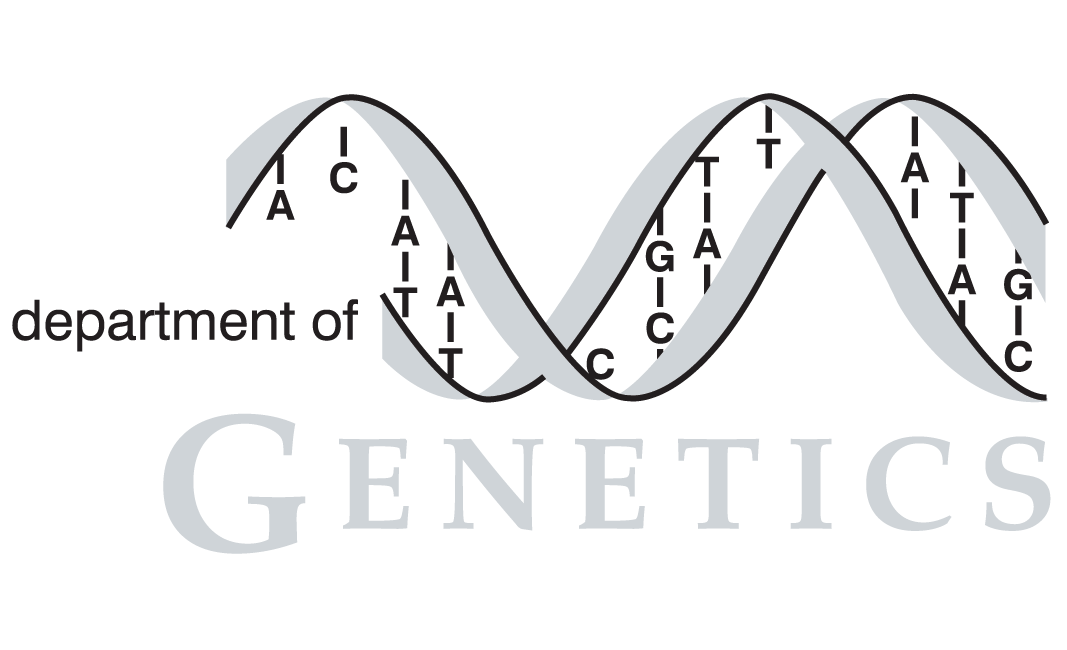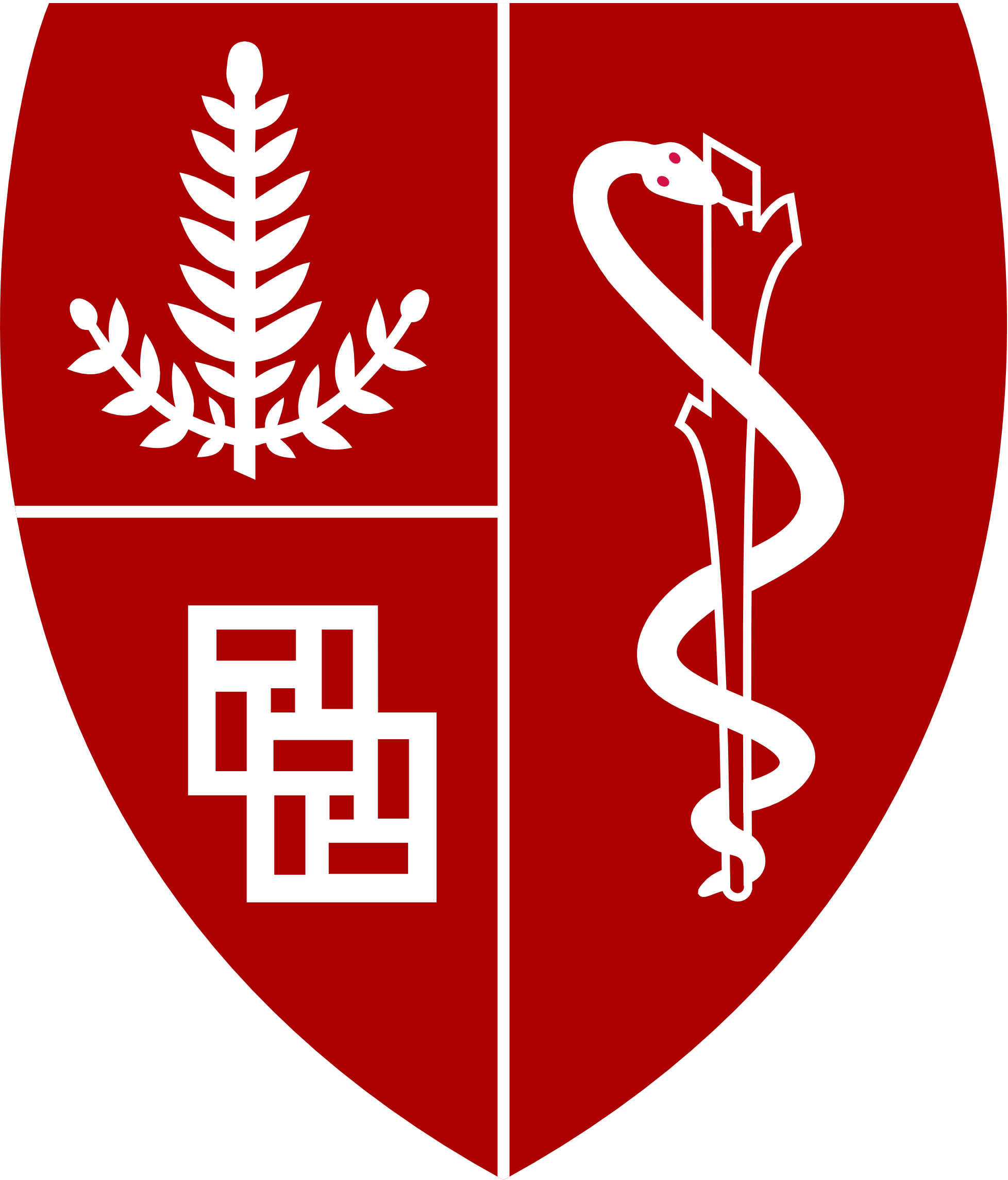| Citation | Venkatasubrahmanyam S, Hwang WW, Meneghini MD, Tong AH, Madhani HD. Genome-wide, as opposed to local, antisilencing is mediated redundantly by the euchromatic factors Set1 and H2A.Z. Proceedings of the National Academy of Sciences of the United States of, 2007. |
| PubMed ID | 17925448 |
| Short Description | Genome-wide, as opposed to local, antisilencing is mediated redundantly by the euchromatic factors Set1 and H2A.Z. |
| # of Conditions | 16 |
Full Description

|
In Saccharomyces cerevisiae, several nonessential mechanisms including histone variant H2A.Z deposition and transcription-associated histone H3 methylation antagonize the local spread of Sir-dependent silent chromatin into adjacent euchromatic regions. However, it is unclear how and where these factors cooperate. To probe this question, we performed systematic genetic array screens for gene deletions that cause a synthetic growth defect in an htz1Delta mutant but not in an htz1Delta sir3Delta double mutant. Of the four genes identified, three, SET1, SWD1, and SWD3, encode components of the Set1 complex, which catalyzes the methylation of histone H3 on lysine 4 (H3-K4), a highly conserved modification that occurs in the coding sequences of transcribed genes. Using microarray-based transcriptional profiling, we find that H2A.Z and Set1 cooperate to prevent Sir-dependent repression of a large number of genes located across the genome, rather than the local effects reported previously for the individual mechanisms. This global, redundant function appears to be direct: using a DamID chromatin profiling method, we demonstrate ectopic association of Sir3 and Sir4 in htz1Delta set1Delta mutants at loci distant from silent chromatin domains. Antisilencing mechanisms may therefore cooperate to play a considerably broader role in regulating genome-wide transcription than previously thought. |
Tags
 |
Contact: sgd-helpdesk@lists.stanford.edu


